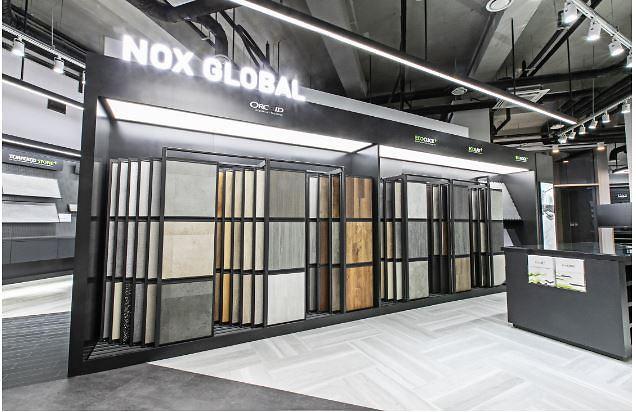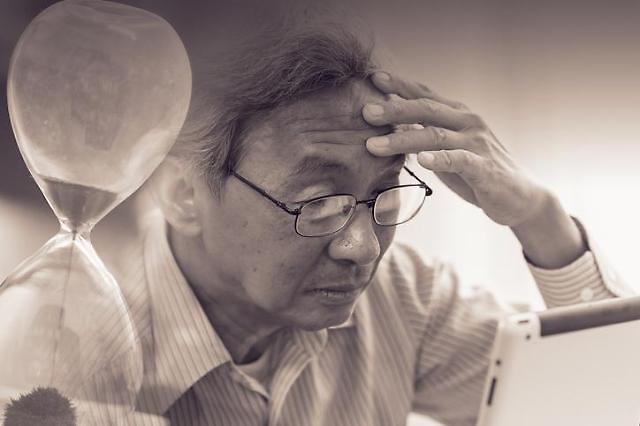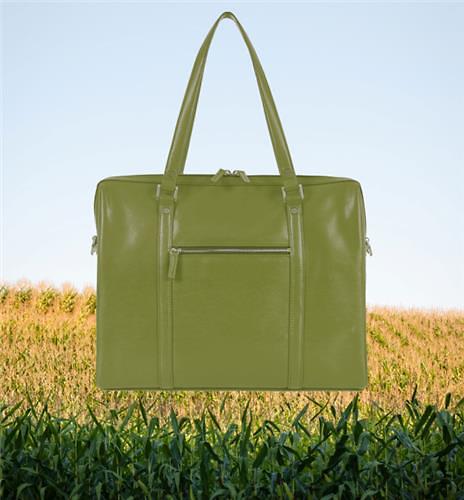이미지 확대

[Courtesy of LG Chem]
SEOUL -- Nox, a flooring company in South Korea, will produce luxury vinyl tiles for high-performance commercial and residential flooring using bio-balanced polyvinyl chloride (PVC), or simply known as vinyl, produced by LG Chem with biomaterials such as renewable waste oil and palm by-products.
PVC is a high-strength thermoplastic material that is replacing traditional building materials due to its versatile properties, such as lightweight, durable, low cost and easy processability. Under a memorandum of understanding on October 5, LG Chem, a chemical unit of South Korea's LG Group, will soon start shipping bio-balanced PVC for commercial production in January 2023.
LG Chem's PVC has been certified by ISCC PLUS, which is a global standard for recycled and bio-based materials and provides a thorough basis for the voluntary implementation of sustainability criteria in supply chains. "We will actively utilize our global manufacturing facilities and distribution network to apply bio-balanced PVC to all products," Nox CEO Koh Dong-hwan said in a statement.
LG Chem has expanded the production of biomaterials. "We will expand our business structure and product portfolio to meet our customers' needs for sustainable materials and lead the eco-friendly materials sector in the global market," said LG Chem's petrochemical business head Noh Kug-lae.
In November 2020, LG Chem signed a strategic partnership with Neste, a leading biodiesel producer based in Finland, to accelerate the production of eco-friendly materials and secure a stable delivery of biomaterials for the production of eco-friendly synthetic resins. Neste's bio-based raw materials are produced from vegetable oils such as renewable waste cooking oil and palm oil.
LG Chem has also expanded the production of biodegradable plastics. In August 2021, the first shipment of LG Chem's bio-balanced superabsorbent polymer (SAP) went to Baby Life, a client based in Jordan. SAP, known as slush powder, can absorb and retain extremely large amounts of a liquid relative to its own mass. The largest use of SAPs is found in personal disposable hygiene products, such as baby diapers, adult diapers and sanitary napkins.
Copyright ⓒ Aju Press All rights reserved.


